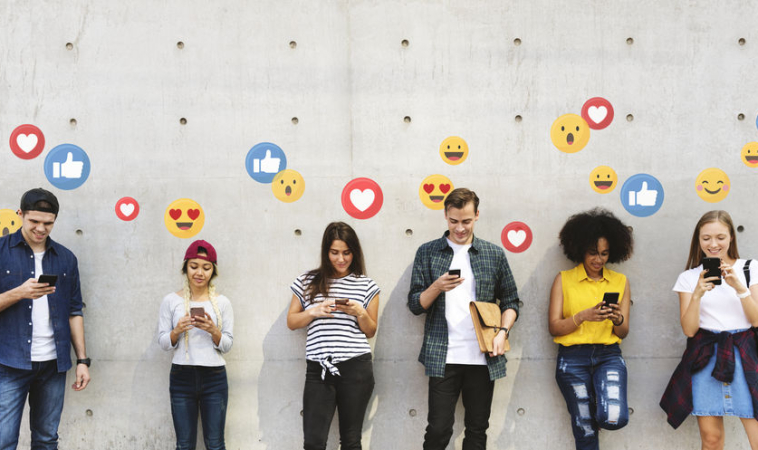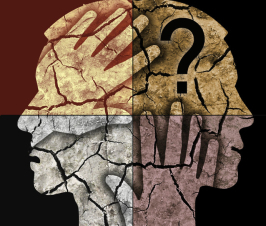Social media may make it easier for people to engage online, but it does not provide certain benefits of real-life human interactions, says a Michigan State University researcher.
“Problematic social media use has been associated with depression, anxiety and social isolation, and having a good social support system helps insulate people from negative mental health,” said Dar Meshi, an assistant professor in the Department of Advertising and Public Relations at MSU. “We wanted to compare the differences between real-life support and support provided over social media to see if the support provided over social media could have beneficial effects.”
The research was published online in the journal Addictive Behaviors.
While social media support did not negatively impact mental health, it did not positively affect it either.
“Only real-life social support was linked to better overall mental health,” Meshi said. “Typical interactions over social media are limited. We theorize that they don’t allow for more substantial connection, which may be needed to provide the type of support that protects against negative mental health.”
Meshi and Morgan Ellithorpe, an assistant professor in the Department of Communication at the University of Delaware and a co-author on this paper, conducted a survey of 403 university students to identify how problematic their social media use was and their degree of social support in real-life and on social media.
By also using the PROMIS, or Patient-reported Outcomes Measurement Information System, scales for measuring depression, anxiety and social isolation, the researchers could see how the students’ social media use and social support related to their mental health.
Problematic social media use is not a recognized addictive disorder, but there are similarities in the symptoms of someone with a substance use disorder and a person displaying excessive social media use. Examples include preoccupation with social media and signs of withdrawal, such as irritability, when prevented from using social media.
“It appears that the more excessive one’s social media use is, the less social support that person gets in real life, which leads to poor mental health,” Ellithorpe said.
Meshi and Ellithorpe encourage people who are using too much social media to reach out to people in real life for social support.
1. Dar Meshi, Morgan E. Ellithorpe. Problematic social media use and social support received in real-life versus on social media: Associations with depression, anxiety and social isolation. Addictive Behaviors, 2021; 119: 106949 DOI: 10.1016/j.addbeh.2021.106949

Razi Berry is the founder and publisher of the journal Naturopathic Doctor News & Review, which has been in print since 2005, and the premier consumer-faced website of naturopathic medicine, NaturalPath. She is the host of The Love is Medicine Project docuseries, The Natural Cancer Prevention Summit, The Heart Revolution-Heal, Empower and Follow Your Heart, and the popular 10-week Sugar Free Summer program. From a near death experience as a young girl that healed her failing heart, to later overcoming infertility and chronic fatigue syndrome and fibromyalgia through naturopathic medicine, Razi has lived the mind/body healing paradigm. Her projects uniquely capture the tradition and philosophy of naturopathy: The healing power of nature, the vital life force in every living thing and the undeniable role that science and mind/body medicine have in creating health and overcoming dis-ease. You can follow Razi on social media: Facebook at Razi Berry, Instagram at Razi.Berry and join the Love is Medicine group to explore the convergence of love and health. Look for more, and listen to more Love is Medicine podcast episodes here.

















